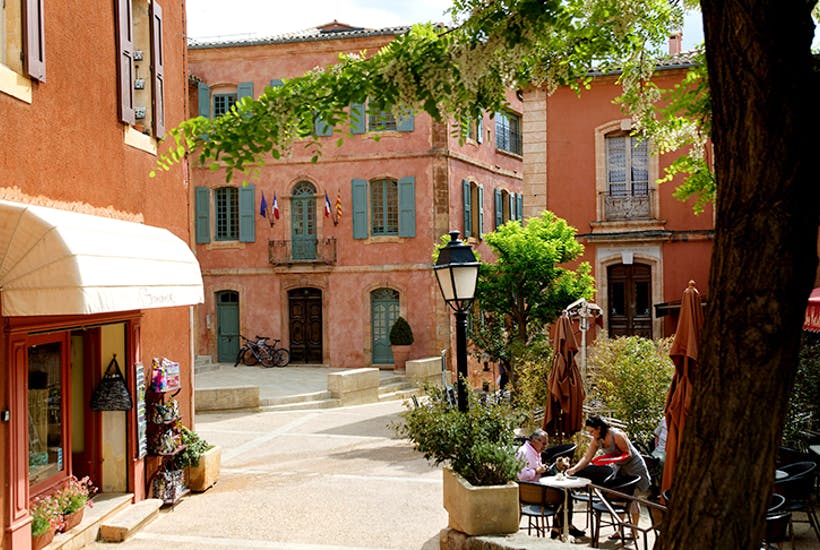Last night I watched a boxed set. Parade’s End is a small box set as box sets go, and quite old, but my snobbish vow never to watch one is broken. The lead character, Christopher Tietjens, played by Benedict Cumberbatch, is an old-fashioned Tory aristocrat. His wife and almost everyone else in the film takes against him, offended by his uprightness, his anachronistic virtues, his always being on parade. Everywhere he goes, he is subjected to calumny and abuse. Baseless gossip nearly ruins him. He weeps occasionally but refuses to lose his temper or defend himself. Apart from plucked staccato violins punctually underlining the lighter moments, I enjoyed every moment of it.
I am one of three siblings. Our mother died in September. She prayed for us impartially all of our lives. Now that she’s gone, war has broken out between us. What was expressed before her death as an enigmatic glance or phrase has exploded into eye-popping abuse. It’s as if we have been three ping-pong balls borne aloft by a single jet of living water and now someone has turned the tap off.
Of the abuse aimed at me, I estimate that roughly 70 per cent has been accurate and a further 25 per cent credible. I know in my heart that there are few depths to which I have not sunk, and fewer that I haven’t mentally entertained. But even Satan himself had a good word put in for him by Milton. Yet here am I apparently without a single redeeming quality or excuse. Yesterday evening, whenever Benedict Cumberbatch’s lower lip, in close-up, went walkabout, and he wrestled to bring it back under control, it didn’t occur to me to laugh.
It’s unsettling to learn that you are no longer your own greatest critic and that it’s now a deregulated global industry with millions lifted out of poverty by it. And this morning, as I walked down the hill and through the medieval quarter of this French village to buy bread and milk and cancel a dentist’s appointment, I felt like Noël Coward’s private masseur, nicknamed by the Master and his entourage as ‘le plus grand con du monde’.
The usual rump parliament of alcoholics were gathered at a pavement table outside the bar, their puzzled faces beatified by the bright morning sunshine. Further on I made an obeisance to the chap who paces the village during daylight hours to alleviate his chronic depression. At the dental surgery the dentist himself greeted me and personally laid clean, manicured fingers on the computer keyboard to search for a new appointment. ‘Votre nom?’ he said. ‘Clarke,’ I said.
I half-expected him also to denounce me as a time-waster and charlatan, but this undiscriminating man waved away my apology for cancelling at short notice as being silly and unnecessary. And at the village grocery shop there was not a hint of detestation in the multiple bonjours responding to mine as I walked in. Nectarines are juicy at the moment. I bought seven, plus the bottle of milk. Given the restrictions imposed on us by my threadbare vocabulary, the woman on the till could not have been more well disposed. Strange.
Leaving the shop I walked into an English writer I greatly admire. I see him as a keeper of the flame of English literature, letters and landscape — a sort of Edward Thomas if you like. He is down here on holiday. Instead of making a dash to conceal himself behind the outdoor bananas, he too greeted me with apparent affability. Last night in bed, he said, he’d been reading some old Low Life columns aloud to his wife. They’d found a collection on the shelf of their holiday rental property. I blinked. Now I was really losing my grip. What? To laugh at the illiteracies? Quite the contrary, he said. They’d enjoyed them. They’d particularly laughed at one about yoga.
At the baker’s my entrance was greeted by the baker’s wife with a peal of laughter, as though the great Fernandel had just walked in. Months ago I’d asked her for ‘un baguette’. Evidently the idea of a masculine baguette is one of the funniest things she’d heard in all her puff. Since that day I’ve always asked her for a male baguette and she always pretends to go spare and staggers about shouting ‘une! une!’. I don’t think she has the faintest idea how welcome to France this daft bit of shtick makes me feel.
By the final scene of Parade’s End Cumberbatch has come through. The Great War is over, he has severed ties with his old life and social class and he’s fallen in love with a nice woman who loves him back. He’s drinking champagne and dancing with officers from his old battalion. As I exited the baker’s clutching my baguette, I recalled the close-up image of the Cumberbatch lips as they broke out, finally, into a happy smile and was heartened.







Comments